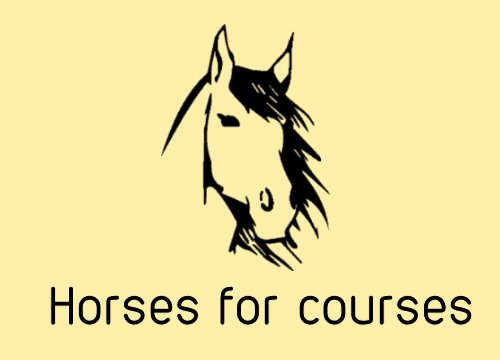“Clap” (palmoteo, or as a verb aplaudir) and “trap” (trampa) you may know. The words together have another meaning.
First, a short history lesson. In 18th century England, theatre managers or directors used tricks or devices to get applause (aplauso). An actor would pause at the end of a scene, and persons in the audience, employed by the theatre, would start to clap, and the rest of the audience would do the same. So the actor got applause, thanks to the “trick” organised by the theatre.
The meaning of claptrap changed in the early 19th century and now refers to something that is nonsense or nonsensical (disparatado), empty words or silly talk.
Examine these.
- You are telling me a lot of absolute claptrap (…de absolutas disparates).
- Mr. Sanchez represents the worst of politically correct claptrap (… lo peor de las paparruchas políticamente correctas).
- I have never heard such claptrap (nunca he oído decir tantas tonterías).
What do you opine? Why is there so much claptrap?







